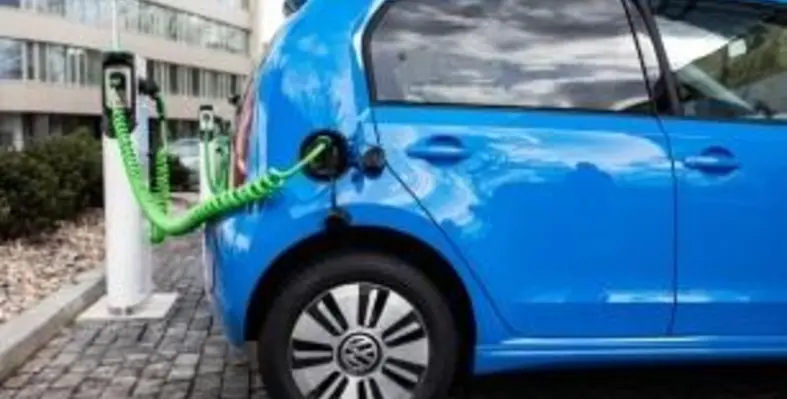The German car manufacturer Volkswagen has planned to set up an assembly plant to introduce electric cars in Rwanda, aiming to supply environmentally friendly model vehicles after different studies revealed that vehicles emissions are mostly causing air pollution in Rwanda, especially in Kigali
According to Rwanda Development Board (RDB), Volkswagen will introduce high capacity transport buses and has completed a feasibility study to assemble cars with low fuel consumption and gas emissions in Rwanda, including electric cars. It noted that the assembly plant, aiming to producing around 5,000 vehicles per year, has been scheduled to start before the end 2017.
In a statement to the New Times, Remy Duhuze, director of environmental regulation and pollution control at Rwanda Environment Management Authority (REMA), said, “The proposal is a very good step forward towards reducing air pollution and greenhouse gases emissions. A study conducted by REMA in 2011 indicated that vehicles have an important contribution to air pollution in Rwanda especially in Kigali city.”
He further added that the move could possibly help to boost green transport in Rwanda.
“We met the investors after they signed an agreement with the government last year but at that time there was no idea of electric cars and seeing they are moving to electric cars it is a further step. We have to collaborate on this new development,” Duhuze noted.
According to the 2011 study by REMA entitled 'Air pollution in Rwanda with reference to Kigali city and vehicular emissions,’ the main driver for the growth of carbon dioxide emissions is petrol and diesel. Therefore, the low carbon options would have benefits in reducing the potential future problem of air quality in Kigali city.
As reported by the source, Gasabo district in Kigali city can be transformed into model green city where electric cars will be introduced as part of the country’s green transport initiatives. In addition, the city also plans to reduce traffic congestion by introducing high-capacity buses that will carry large volumes of passengers, thereby also reducing air pollution by limiting use of cars in the city.













